Blog
is pickleball an olympic sport
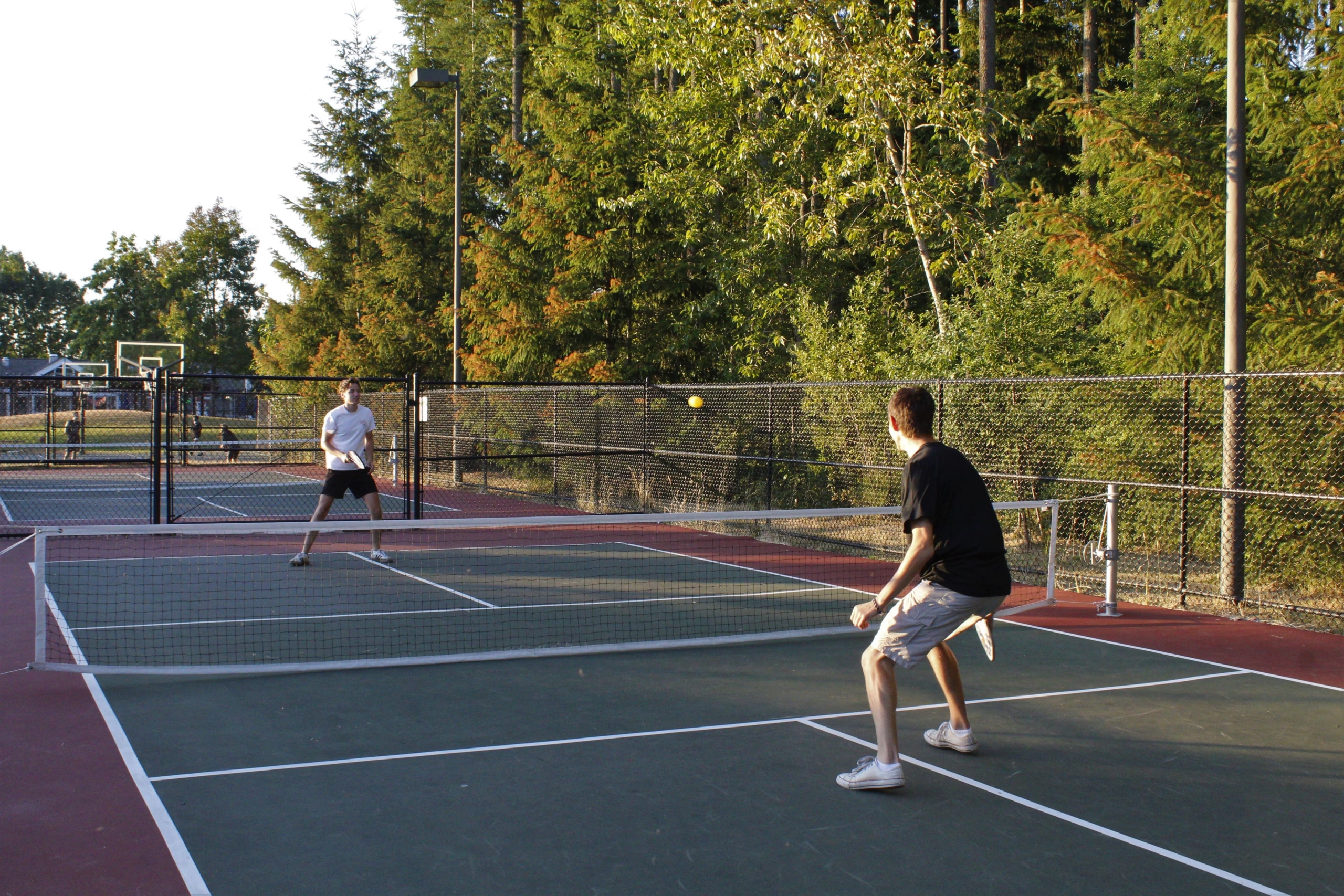
As the sun rises over the vibrant courts of city parks and community centers across the globe, a new phenomenon emerges—pickleball, a sport that has captivated enthusiasts with its fast-paced action and inclusive spirit. Combining elements of tennis, badminton, and table tennis, this engaging game has surged in popularity, drawing players of all ages into its fold. Yet, this begs the question: does the future of pickleball include a spot on the prestigious Olympic stage? In this article, we will explore the journey of pickleball from backyard pastime to potential Olympic contender, examining the factors that could shape its acceptance by the International Olympic Committee and what this would mean for millions of players around the world. Join us as we dive into the nuances of this dynamic sport and its quest for Olympic recognition.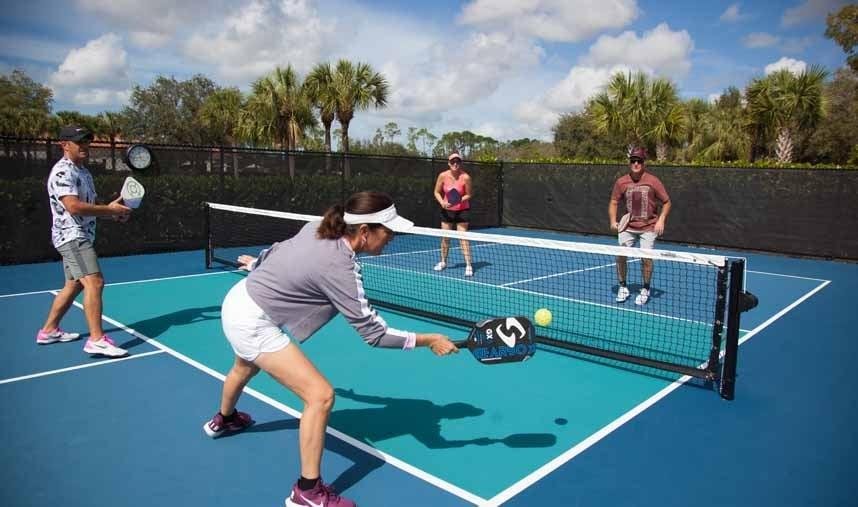
The Growing Popularity of Pickleball and Its Olympic Aspirations
In recent years, pickleball has surged in popularity, transforming from a niche pastime into a mainstream phenomenon. This racket sport, blending elements of tennis, badminton, and ping-pong, has become a favorite among diverse age groups. As more parks and recreation facilities adopt dedicated pickleball courts, the accessibility of the sport is a driving factor in its rapid growth. Additionally, social media platforms have played a significant role in spreading the word, with viral videos showcasing exciting matches and engaging gameplay. By attracting both casual players and competitive athletes, pickleball is establishing itself as a significant contender in the athletic world.
With its expanding global fan base and rising participation rates, discussions have intensified regarding pickleball’s potential inclusion in the Olympic Games. Factors fueling these aspirations include:
- International Federation: The formation of an official governing body has laid the groundwork for standardizing rules and promoting the sport globally.
- World Championships: Increasingly organized events, such as World Pickleball Championships, showcase top-tier talent and elevate the sport’s profile.
- Youth Engagement: Schools and youth leagues adopting pickleball programs highlight its appeal to younger generations, fostering a new wave of athletes.
While aspirations remain high, the road to Olympic status demands continued growth and recognition on international platforms.
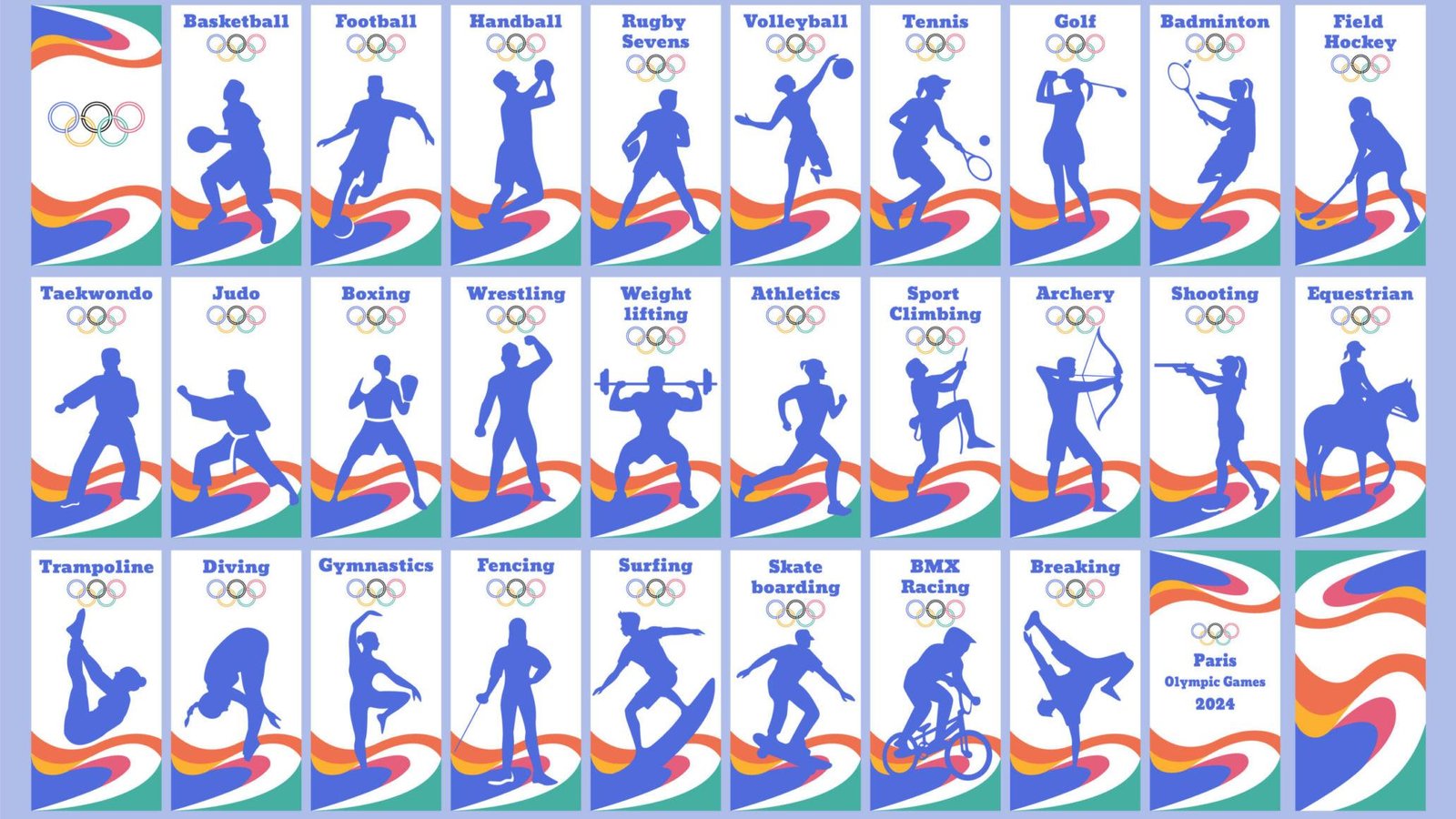
Understanding the Criteria for Olympic Sports and Pickleballs Position
To determine whether a sport qualifies for Olympic inclusion, several key factors are evaluated by the International Olympic Committee (IOC). Primarily, the sport must demonstrate a universal appeal, gaining participation from a wide array of countries. Additionally, it should have a clear set of rules and governance, alongside a robust international federation that oversees its global development. These factors collectively ensure that the sport embodies the Olympic spirit, promoting competition and sportsmanship worldwide. Other criteria include:
- Popularity: The sport should attract a significant global audience.
- Gender Equality: A commitment to equal opportunities for both men and women.
- Age Range: The ability to engage athletes of various age groups.
As of now, pickleball is a rapidly growing sport, especially in the United States, but it faces some challenges on the path to Olympic recognition. While its rise in popularity is undeniable, the sport is still working on achieving a more comprehensive international presence. Currently, there are initiatives to establish governing bodies and standardized rules to enhance its structure. The following table highlights key aspects of pickleball’s current stance:
| Aspect | Status |
|---|---|
| International Federation | Established, but still growing |
| Global Player Participation | Increasing numbers, mainly in the U.S. |
| Events & Tournaments | Several national and international competitions |
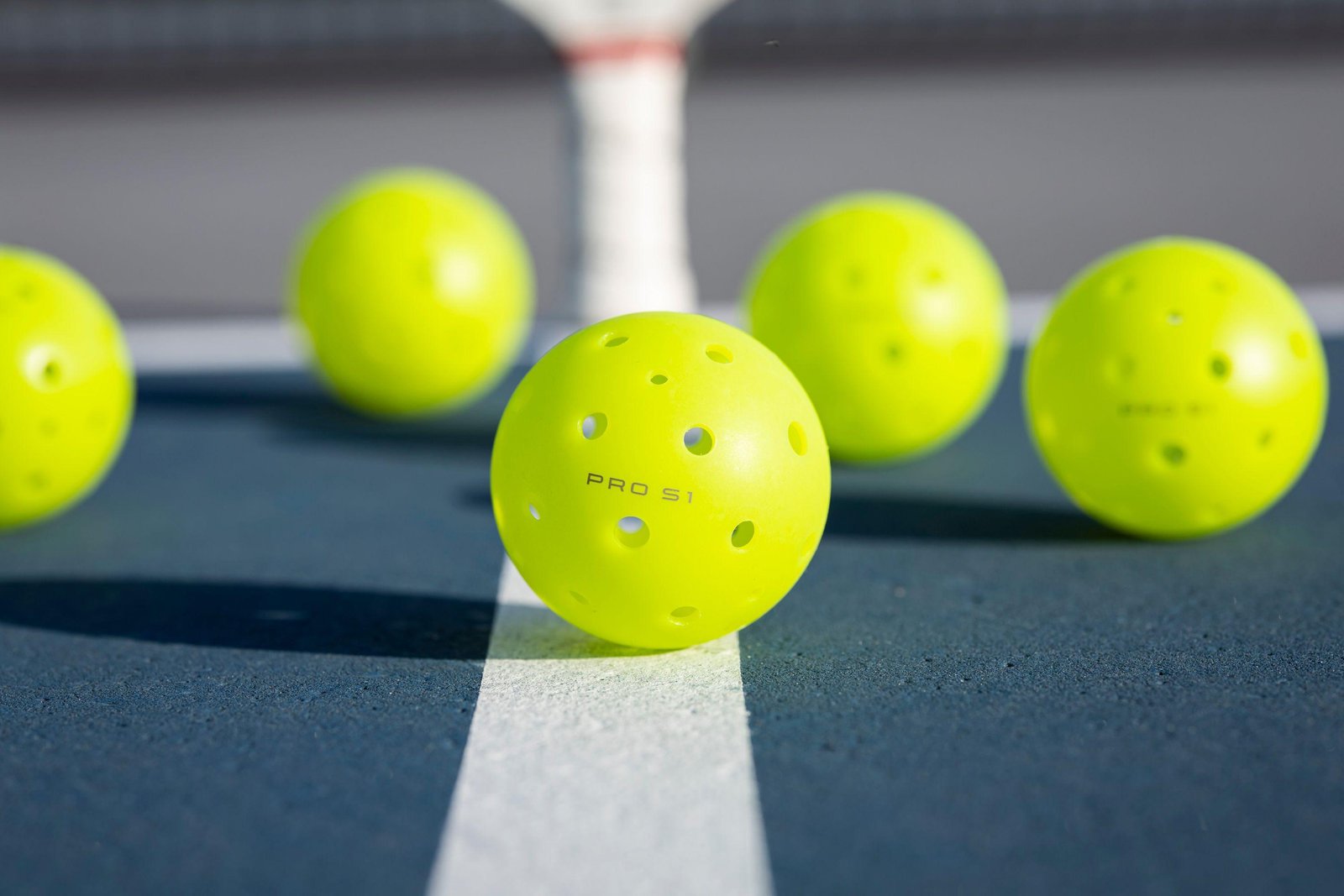
Potential Benefits of Adding Pickleball to the Olympic Games
The inclusion of pickleball in the Olympic Games could bring a multitude of benefits that extend beyond the sport itself. With its rapid growth in popularity, pickleball promotes a sense of community and inclusivity, making it appealing to a wide range of participants. The sport’s unique blend of elements from tennis, badminton, and table tennis encourages players of all ages and skill levels to engage, fostering fitness and camaraderie. Some key advantages of this potential addition include:
- Increased Participation: Pickleball is accessible to a diverse audience, enticing more people to get involved in sports.
- Global Outreach: Presenting pickleball on an international stage would raise awareness and interest, promoting the sport worldwide.
- Health and Wellness: The sport encourages an active lifestyle, contributing to overall physical and mental well-being.
Moreover, incorporating pickleball into the Olympic roster could enhance the games by adding a fresh, dynamic sport that resonates with younger audiences. It has the potential to bolster viewership and engagement, tapping into social media trends and the growing number of amateur leagues sprouting across the globe. Consider the following advantages that Olympic status could yield:
| Advantage | Description |
|---|---|
| Enhanced Competition | Elevating the skill level through exposure to elite athletes. |
| Economic Impact | Creation of jobs and business opportunities around events. |
| Legacy Building | Inspiring future generations to pursue the sport. |
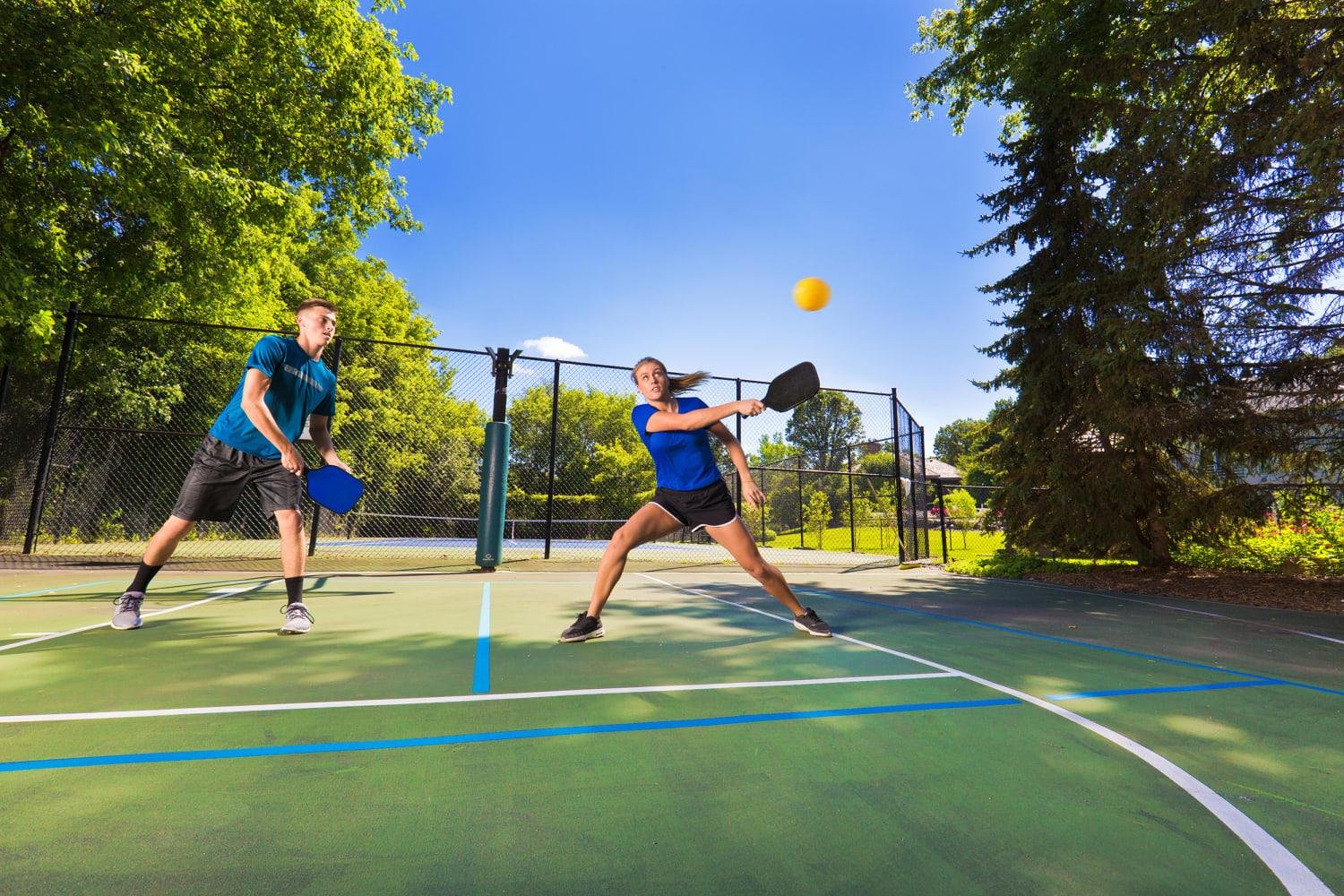
Future Prospects: What Could Olympic Inclusion Mean for Pickleball?
The prospect of pickleball becoming an Olympic sport could revolutionize its global presence and popularity. As the sport attracts a diverse demographic, including enthusiastic players of all ages, Olympic recognition would likely encourage increased participation at grassroots levels. This could lead to enhanced infrastructure, as countries invest more in facilities and coaching programs tailored for aspiring athletes. Furthermore, greater visibility could spark interest among sponsors, resulting in increased funding for tournaments and player development.
On the international stage, Olympic inclusion would mean pickleball could potentially witness a surge in competitive spirit and athletic excellence. National teams might emerge, fostering a sense of pride and unity among players and fans alike. Additionally, it would position pickleball alongside other recognized sports, encouraging cooperation and community-building efforts between local leagues and national governing bodies. The potential for future Olympic events could pave the way for multinational tournaments, creating a rich tapestry of cultural exchanges and making pickleball a staple in the global sports calendar.
Q&A
Q&A: Is Pickleball an Olympic Sport?
Q1: What exactly is pickleball?
A1: Pickleball is a paddle sport that combines elements of tennis, badminton, and table tennis. It is played on a court with a net and uses a lightweight plastic ball with holes, resembling a larger version of a whiffle ball. Players can compete in doubles or singles, and the game has gained immense popularity for its accessibility and engaging gameplay.
Q2: Is pickleball currently an Olympic sport?
A2: As of now, pickleball is not an Olympic sport. While it has seen explosive growth in recreational settings and competitive leagues across the globe, it has yet to be officially recognized by the International Olympic Committee (IOC) for inclusion in the Summer Games.
Q3: What steps would pickleball need to take to become an Olympic sport?
A3: For pickleball to be considered for the Olympics, it must meet certain criteria set by the IOC. This includes establishing a global governing body, demonstrating worldwide appeal with participation from numerous countries, and showcasing a robust competition framework. Engaging in grassroots development and international tournaments is essential for gaining traction.
Q4: Are there any ongoing efforts to promote pickleball as an Olympic sport?
A4: Yes, there are various organizations and advocates working towards gaining Olympic recognition for pickleball. The USA Pickleball Association and other international bodies are actively promoting the sport and organizing competitions, hoping to build a strong case for its inclusion.
Q5: What would it mean for pickleball to become an Olympic sport?
A5: Becoming an Olympic sport would be a monumental achievement for pickleball, raising its profile on the global stage and potentially increasing participation at both amateur and professional levels. It would open doors for sponsorships, funding, and a more extensive competitive framework, leading to a broader appreciation for the game.
Q6: Can we expect to see pickleball in the next Olympic Games?
A6: While it’s unlikely that pickleball will make its Olympic debut in the immediate future, given the existing long-list of sports vying for inclusion, the sport’s rapid growth and popularity could set the stage for potential consideration in upcoming years.
Q7: What are some alternatives for fans and athletes while they wait for pickleball’s Olympic status?
A7: In the meantime, fans and athletes can participate in local and national tournaments, join clubs, and engage with online communities dedicated to pickleball. Numerous leagues and competitions are already taking place, providing ample opportunities to play and enjoy the sport while fostering its growth.
Q8: Why is the discussion about pickleball becoming an Olympic sport important?
A8: The conversation around pickleball’s Olympic potential is significant as it reflects broader trends in sports popularization, inclusivity, and the ever-changing landscape of athletic competitions. It highlights the spirit of community and competition, emphasizing how new sports can captivate and enrich lives across different ages and backgrounds.
As the future unfolds, pickleball remains a sport to watch, igniting enthusiasm and passion among players and fans alike. Will it make its Olympic splash? Only time will tell!
Concluding Remarks
As we conclude our exploration into the world of pickleball and its potential Olympic status, it’s clear that this rapidly growing sport has captured the hearts of many. While pickleball enthusiasts passionately advocate for its inclusion in the Olympic Games, the path forward remains a blend of challenges and possibilities. Whether you’re a seasoned player or a curious observer, the vibrant community surrounding pickleball continues to thrive, bridging generations and fostering camaraderie.
As the International Olympic Committee evaluates the future of sports in the Olympic landscape, one thing is certain: the spirit of pickleball—its accessibility, fun, and sportsmanship—will continue to resonate. Whether on the Olympic stage or in local parks, pickleball invites us all to engage, celebrate, and enjoy the simple pleasure of the game. As we await the final verdict, one can only wonder: will we one day see pickleball basking in the Olympic spotlight? Until then, let the paddles swing and the rallies continue!












